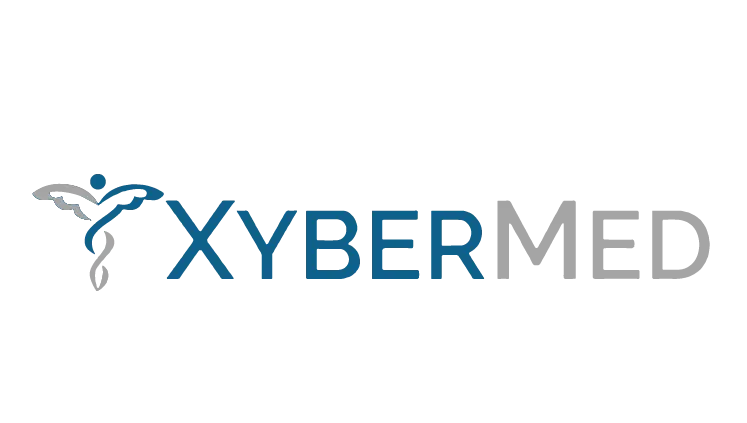Our Blog

Medical Office and Billing Specialist
Medical Office and Billing Specialist
Medical office and billing specialist for insurance and case checks are necessary for any medical establishment. Office directors or medical billing specialist may employ one or more staff members to accomplish these responsibilities, or they may conduct these chores in addition to their other responsibilities.
Since clinical staff members are primarily focused on patient care, skilled professionals are usually tasked with handling the crucial administrative tasks of invoicing and rendering. In order to receive paid for their services, this might assist healthcare practitioners. Are you interested in pursuing a career as a medical billing and rendering specialist? Let's examine what is required to succeed in this rapidly expanding assiduity.
What Is a Medical Billing Specialist?
What does this signify? Put simply, a medical billing professional assists with the processing of insurance checks, payments, and claims for a healthcare facility. They accomplish this by obtaining the appropriate diagnosis and treatment plans, using them to submit patient claims to insurance companies for reimbursement, and charging the patient for any costs not fully covered.
What Separates a Medical Billing Specialist from a Medical Billing Rendering Specialist
Job descriptions sometimes mix rendering and billing under one role. Nevertheless, they are officially two distinct employment roles, each with specific responsibilities and duties.
While bigger installations could split the task into two different positions, medical services might hire one individual to handle both jobs. They then employ a medical billing specialist in addition to a medical rendering professional. Thus, it's critical to comprehend how the two locations differ from one another.
The Medical Coder
The process of collecting a provider's procedural and individual notes and turning them into the appropriate canons for billing and record-shadowing is known as medical coding. The services that are being handed out and invoiced for are identified by the canons, which are assiduity-standard alphanumeric combinations. This will reveal the many canons that are in use.
l The canons known as Current Procedural Language (CPT) are utilized to designate certain tests and processes that are carried out.
l Transnational Bracket of Conditions (ICD-10): Medical decisions are made using these bracket canons.
l HCPCS, or the Healthcare Common Procedure Coding System, Canons for particular medical bias or inventory, as well as canons for non-physician services, are included in this system and were not addressed in the previous two sets.
l Insurance billing uses each of these canons, and the programmer has to adhere to certain rules on their appropriate usage and setup in the billing program.
Once the case schedules a meeting, codes can be entered. There will be codes assigned to the type of visit and the symptoms the patient reported. Additional codes will be applied for the symptoms that the medical staff has seen, the tests and procedures that have been carried out, the decisions made, and the suggested courses of treatment.
The Medical Biller
Medical billing experts instigate checks and submit the claims to the cases' insurance providers (or other payers) once the coding is finished. Insurance companies will either approve or reject the claims for payment based on these standards. Any amount that is still owed and not covered by insurance will also be included to the case and paid.
As soon as the patient schedules an appointment with the medical office, the billing process usually starts since records may need to be filed and submitted for preapproval to an insurance. This assists in ascertaining the case's out-of-fund expenses, enabling the office to bill the client for that amount at the time of the appointment.
In fact, if someone else codes, a medical biller must comprehend the assiduity canons since the billing expert must analyze the reasons for any insurance claims denials and may have to streamline the canons before resubmitting the claims. Prior to filing the first claim, they will also confirm that the canons are submitted correctly.
The outstanding amount will be charged to the case when the insurance billing has been paid. The specialist in medical billing is also responsible for this procedure. In addition, medical billers establish co-pay terms, monitor payments, and pursue unpaid claims and insurance balances.
If a bill isn't paid, the billing specialist will still need to contact the insurance companies to make sure that all the attestation is in place. However, the billing specialist could have to submit the debt to a collection agency if a client fails to respond to repeated demands and fails to pay a late charge within the allotted period.
What Goes Into Coding and Billing Medical Records?
In medical billing and coding, the decisions and services rendered in a case are entered into an electronic health record system using standardised codes. According to the rules of the case's policy, these codes inform the insurance company how crucial it is for it to reimburse the healthcare provider. It also indicates the amount of the outstanding payment that is the case's obligation.

Outsource medical billing service to XyberMed. Boost your practice with affordable, expert billing! Get started today and see the results.
Address:
755 Waverly Ave, Suite 100A Holtsville, NY 11742-1125 USA
